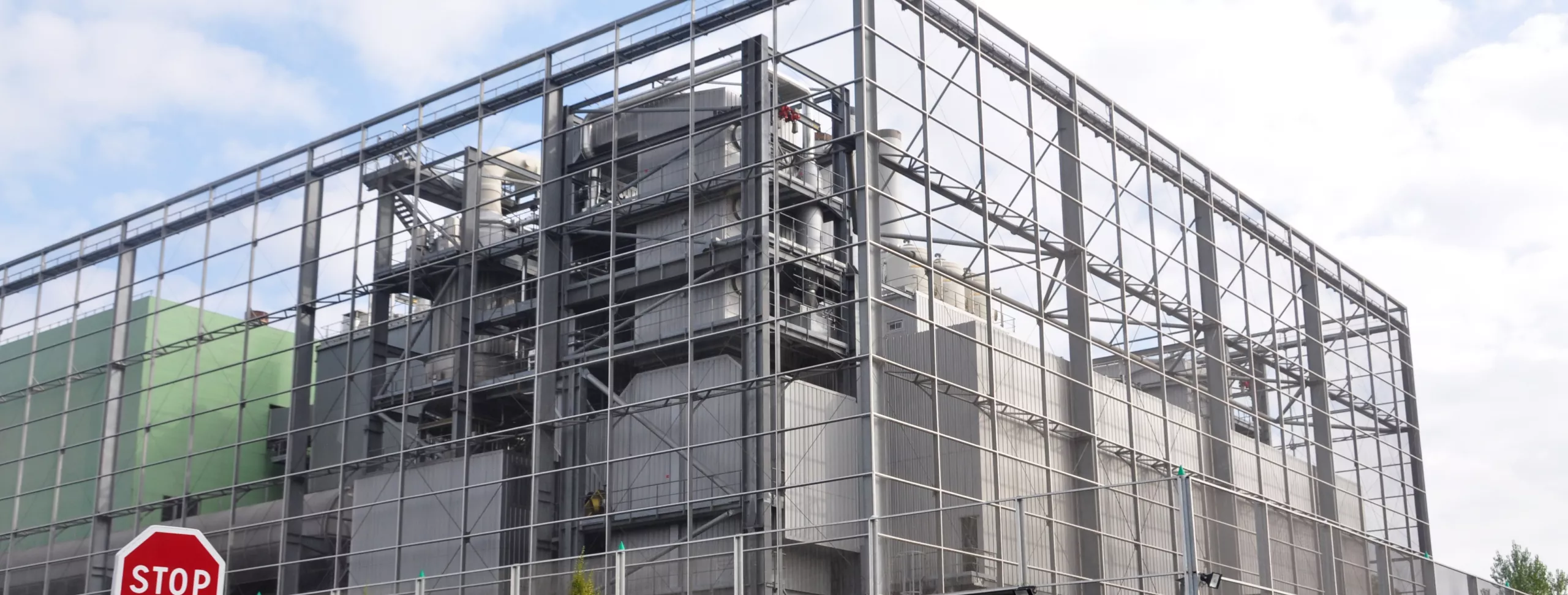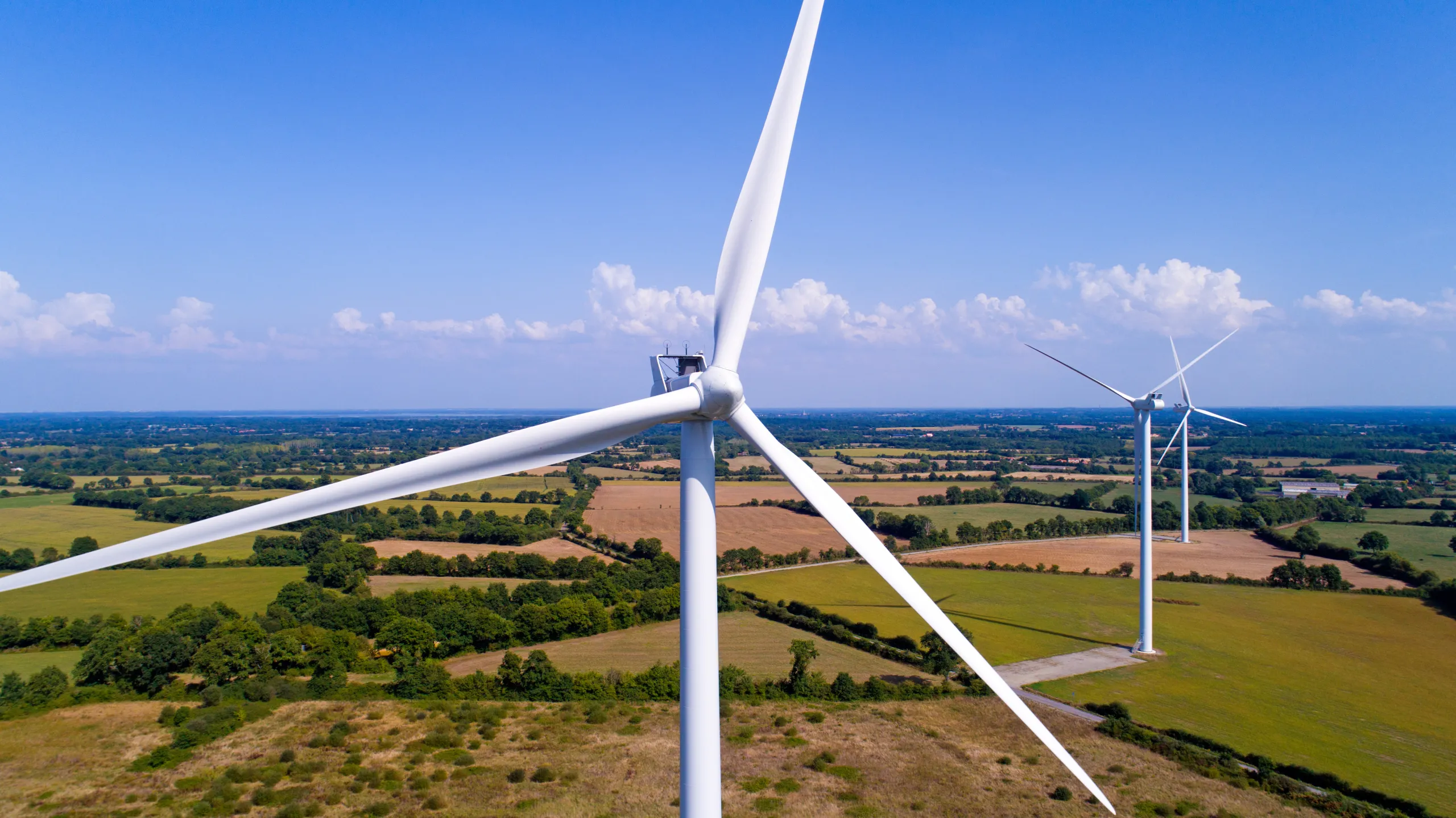
A responsible company
With its light operational model, AFL is concerned with its social and environmental impact in its operations. As our local authorities were at the origin of its creation, we wanted it to carry the values of the local world in this area in its daily practices.


AFL’s commitment to its internal operations
Each year, AFL goes further in its commitments to improve its social involvement and take into account its environmental impact.
All of its commitments impact on the themes of purchasing, soft mobility, work-life balance, equal opportunities, gender equality, and eco-actions at work.
Our environmental commitments
Our social commitments
Actions to measure the environmental impact of our activity
- A small staff (40 people) and a control of resources (-30% of the office space following the move in 2020)
- Recycling of waste on the premises and encouragement to reduce the volume of paper consumed.
- Promoting responsible travel : banning air travel for business trips where the train journey time is less than 4 hours, encouraging people to take public transport rather than the car, etc.
- Supporting AFL in the transition : providing a soft mobility package (FMD), making eco-responsible vehicles available to staff, setting up an annual internal sports challenge encouraging employees to practice a sporting activity (walking, cycling, running).
- A first Carbon Footprint : carried out by Greenly, it revealed that overall (scopes 1, 2 and 3), AFL produces much less emissions than the sector average, as a result of its model – that only finances local investments. Discover our carbon footprint.

Actions to digitalize the activity…
- Deployment of new digitalized systems ((market finance, payroll production, management of regulatory declarations, credit monitoring)
- Digitization of customer relations: implementation of a banking portal for each local authority enabling it to monitor the management of current loans.
- Development of electronic signature of credit contracts (nearly 1/3 of contracts signed electronically by 2022)
- Digitization of the company’s social life via the implementation of electronic voting for the General Meeting of Shareholders.
- A desire to take into account the digital footprint of our business
Implementation of a plan to reduce the digital footprint of our information system (Green IT) involving the evaluation and control of the impact of all our IT resources.

Responsible consumption
- Less plastic at AFL!
The AFL has implemented a responsible purchasing policy in the choice of its suppliers by eliminating the purchase of plastic supplies.
- Communication objects 100% made in France
With the purchase of “Made in France” goodies, the AFL honors the know-how of all the territories and has only objects with a limited environmental footprint to embody its communication.
AFL has introduced CSR criteria into its partner selection and procurement policy. The assessment covers every angle of Corporate Social Responsibility relevant to the given market, and notably:
- Economic responsibility: with a description of the company’s key ESG characteristics (Environmental, Societal, and Governance), and its criteria for selecting its suppliers (local or foreign) and sub-contractors (duty of care).
- Social responsibility: by considering social/labour aspects (industrial relations, training, health & safety, accident rates and absenteeism, turnover, inclusion, contract types…) as well as the training provided to employees on workplace ethics, and awareness-raising campaigns on sustainable development,
- Environmental responsibility: with a description of the manufacturing process of a product (where it comes from, its environmental impact, disposal after use…), the consideration of environmental risks (Reach, waste management…), travel policy (videoconferences, carbon footprint…),
- ESG issues to feature in all aspects of corporate governance. This entails that the company’s governance is involved in all social and environmental aspects, in the systems used to monitor extra-financial performance, and the Health, Safety & Environment framework (where relevant).

Ensure the well-being of employees
- 100% of eligible employees have signed the remote working charter.
- Publication of a charter on the right to disconnect.
- Organization of an awareness session on the prevention of psychosocial risks for all staff.
- Conclusion of a profit-sharing agreement for all employees in 2021.
- Conclusion of a company agreement on the Time Savings Account allowing the transfer of days to employee savings schemes.

Promoting gender equality in the workplace
- Commitment to non-discrimination in recruitment, career development and compensation policy.
- Respect for the dignity and equal treatment of all employees.
- Establishment of rules for respecting gender diversity in the Group’s management bodies.
- Objective of a gender balance among AFL employees according to age category.

Developing an inclusive policy
- Integration of young people: : Every year, AFL welcomes young people on professionalization and apprenticeship contracts. The company also welcomes young people for an internship to discover the company.
- Employee training: : AFL is committed to offering all its employees a training program that includes training days for all staff (CSR awareness via “La Fresque du climat”, first aid, etc.). It also offers an individual training plan according to employees’ needs (technical, digital, managerial training, etc.)
- Internal promotion: : Despite its small staff, AFL values internal promotion over external recruitment whenever possible.
- Inclusive purchasing: : AFL uses organizations that integrate disabled people or ESATs for many missions: purchase of supplies, communication missions, paper recycling…


Focus on AFL carbon footprint
A first Carbon Footprint (carried out by Greenly) was held in 2023, covering the year 2021 .
Major findings :
– AFL’s carbon footprint (scope 1, 2 and 3) is in line with the sector average
– The carbon footprint of financed emissions is significantly lower than the sector average, as a result of its model – that only finances local investments.
– The main part of the carbon footprint comes from financed emissions. The levers on each of the perimeters (corporate, loan portfolio, liquidity reserve) are very different in nature.

Focus on 2023 CSR achievements
The implementation of social responsibility at AFL covers several areas that are structured within the CSR Climate & Sustainable Finance Roadmap.
Discover more about ESG at AFL
Our ESG commitments
Ethics and responsibility
“Embody responsible finance to empower local
communities
to meet the present
and future needs of their inhabitants."

A responsible bank
AFL is committed to working with us, local authorities, to lead the energy and social transitions that are coming and are necessary.

Le financement durable de l'AFL
At AFL, no green loans, no impact loans, no structured products... But truly responsible financing for truly sustainable projects!
